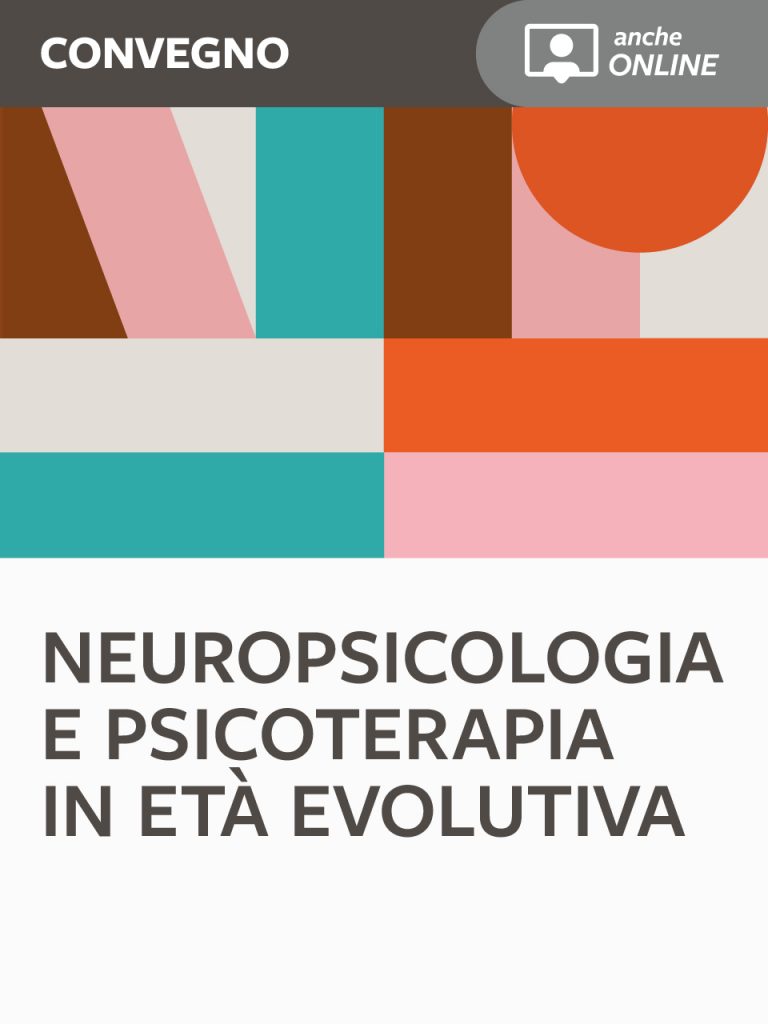The relationship between mindfulness skills and effectiveness of treatments for dyslexia
Antonella Girolami
The aim of our research is to analyse the relationships between the construct of mindfulness (understood as the ability to be aware and accept one's personal events) and success in improving reading skills in dyslexic children / adolescents with specific training. Preliminary data from a pilot study were collected thanks to the collaboration of numerous child and adolescent multi-specialist centres in the south of Bari. A sample of 30 children (aged between 9-10 years) with a certified diagnosis of dyslexia, who underwent reading skills training sessions, was assessed in two different phases: at baseline (pre- training) and at six-month follow-up (post - training). At baseline, the measurements carried out were: data regarding socio-demographic variables (through an ad hoc structured questionnaire), learning status (using MT-3 Clinical reading tests and the Battery of Tests for dyslexia and dysorthography 2 - DDE-2), measurement of the construct of mindfulness (measured with the Italian version of the Child and Adolescent Mindfulness Measure). At six-month follow-up only the state of learning was re-evaluated because the measurement of mindfulness is a stable characteristic that cannot be influenced, except by specific mindfulness training. The Child and Adolescent Mindfulness Measure appears to be an important factor for success in developing reading skills in children / adolescents with dyslexia. The data from this study are preliminary data for a pilot study; therefore further studies are needed to confirm our hypotheses.
Keywords
Dyslexia, Development, Awareness, Learning disorders, Mindfulness.

